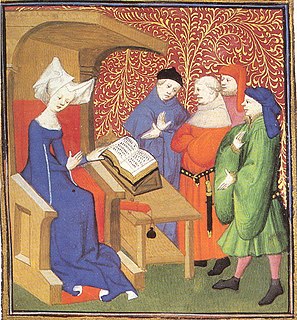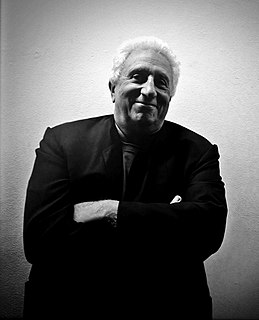A Quote by Yukio Mishima
There is no virtue in curiosity. In fact, it might be the most immoral desire a man can possess.
Related Quotes
It is in virtue of his own desires and curiosities that any man continues to exist with even patience, that he is charmed by the look of things and people, and that he wakens every morning with a renewed appetite for work and pleasure. Desire and curiosity are the two eyes through which he sees the world in the most enchanted colours...and the man may squander his estate and come to beggary, but if he keeps these two amulets he is still rich in the possibilities of pleasure.
At one time I thought the most important thing was talent. I think now that the young man must possess or teach himself, training himself, in infinite patience, which is to try and to try until it comes right. He must train himself in ruthless intolerance-that is to throw away anything that is false no matter how much he might love that page or that paragraph. The most important thing is insight, that is to be-curiosity-to wonder, to mull, and to muse why it is that man does what he does, and if you have that, then I don't think the talent makes much difference, whether you've got it or not.
When High and Mighty people want to make us believe that they possess some good quality which they in fact do not have, it is dangerous to show that you doubt them; because, by removing their hope of deceiving the world, you also remove their desire to perform the good acts that might have arisen from their very pretensions.



































